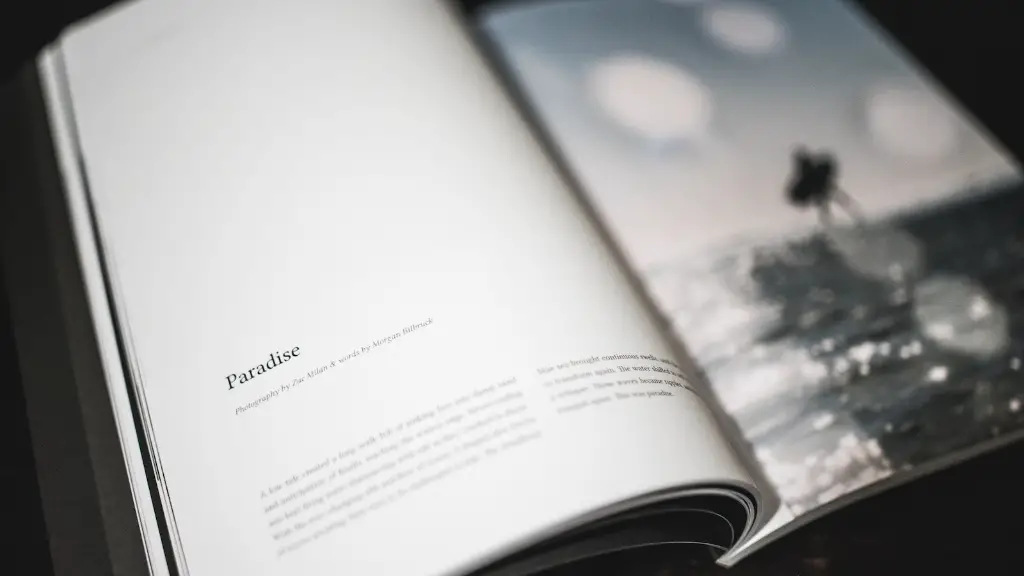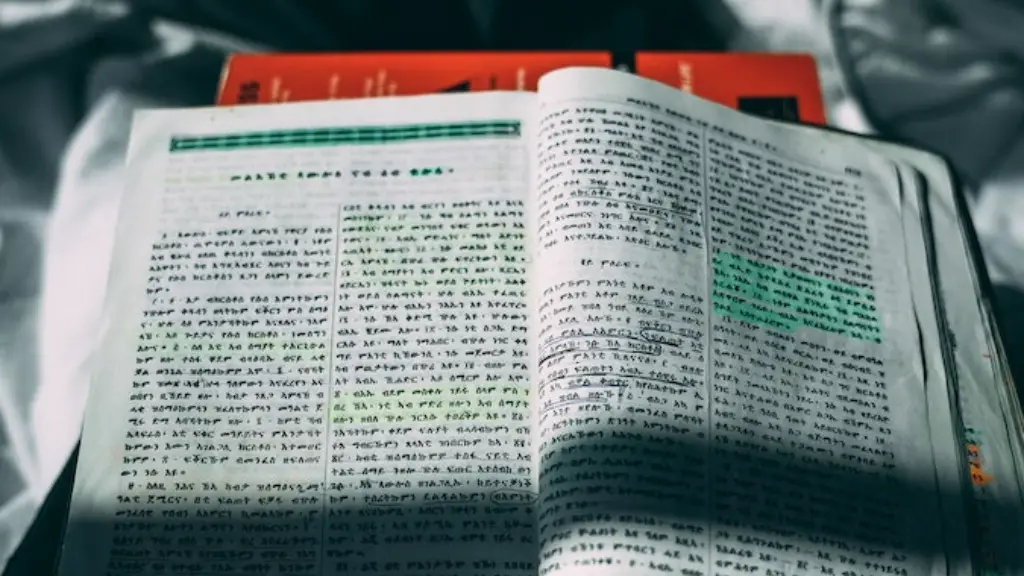How to Write Meaningful Poetry
At its core, poetry is one of the oldest forms of communication – expressing thoughts, ideas, and emotions through the interplay of words. Writing with poetic elements such as rhythm and meter can bring poems to life, giving them additional depth and meaning. Contrary to popular belief, writing meaningful poetry does not require years of experience as a poet – it simply requires a bit of creativity and the willingness to create something original. With the right strategies and techniques, anyone can craft meaningful and beautiful poetry.
One of the first steps to writing meaningful poetry is to find your inspiration. Consider looking at the great poets of the past such as Li Bai and Emily Dickinson, or look to modern work from contemporary poets like Ezekiel Azikiwe or Gholamhossein Ebtehaj. Your source of inspiration can also come from everyday life– try jotting down ideas that come to mind when in nature or on the bus, in a cafe or an airport. Even the smallest observations can lead to a great idea.
Another thing to keep in mind when it comes to writing meaningful poetry is the power of imagery. Visualizing the images and emotions that you want to convey through your poetry can help give your words more power. To create a vivid and compelling poem, use strong words, employ metaphor and simile, and don’t be afraid to experiment with different elements of language; for instance, adding a few foreign words can spice up your poem. Be sure to create vivid imagery with your language and don’t forget to ask yourself what ideas or feelings your poem conveys.
The rhythm and meter of a poem is another important factor to consider when crafting meaningful poetry. Experiment with different patterns, formulas and rhyme schemes such as syllable count and the use of alliteration. A simple way to get started is to focus on the regularity of the meter and see where the rhythm of the poem takes you. Rhythm can add a sense of beauty and energy to your poem and make it more enjoyable to read.
Finally, when writing a meaningful poem, don’t forget to focus on what you want the poem to express. Choose words carefully, let your feeling and ideas flow, and don’t be afraid to step outside of your comfort zone. Writing meaningful poems can be a slow and thought-provoking process but the most powerful poems come from those who take the time to really reflect on the things they want to write.
1. Honing Your Skill
As with anything, the more you practice, the better you will become. Writing meaningful poetry can take time and dedication. You’ll need to read and write extensively and it never hurts to have a few trusted confidants (who are familiar with poetry) that you can run ideas by. It’s also beneficial to have a consistent writing practice. Writing other types of pieces (nonfiction, short stories, etc.) to build up your writing muscles can help you build up to writing meaningful poetry.
Find writing books or read poetry collections or anthologies to spark ideas, practice writing exercises to get your creativity flowing, and never be afraid to experiment. Trying new poetic elements and techniques could lead you to an unexpected direction. Writing groups, classes, and workshops are also great resources that can provide helpful tips, advice, and guidance.
2. Building A Supportive Network
No writer should feel that they are completely alone on their journey. No poem will be perfect the first time you write it, and getting feedback from a trusted mentor or other poets can help the learning process exponentially. Find local poets you can create a friendly relationship with, attend poetry readings when you’re ready to share your work, or start an online blog to share your work with the world. Participating in writing communities and poetry slams can also be great sources of inspiration and helpful feedback on your work. In the end, having a supportive network of other poets is a great way to continue to grow as a writer.
3. Networking With Established Writers
As you become more serious about developing meaningful poetry, it would be beneficial to make contacts with established poets in the industry. Start by searching for opportunities to collaborate or attend writers’ conferences and book fairs. Not only are these post-secondary and professional-level events a great way to network and learn more about the business, but also often come with prizes, awards, and other opportunities that are available to first-time poets. Don’t forget to follow up with people you meet. Submission deadlines for literary magazines and publishers may serve as guides for aspiring poets.
4. Embracing Criticism & Self-Critiquing
Writing meaningful poetry is an art, one that can be improved with honest feedback. When you receive criticism, don’t be afraid to listen to it and look critically at your work. Self-critique can also be a powerful tool – it’s best to take a step back and read your poem objectively. Understand that poetry is fluid and it’s okay to make changes to make poems better. Don’t shy away from re-reading and editing your work. After all, a meaningful poem is one that connects with readers and inspires them.
5. Keeping A Journal
Many poets believe in keeping a journal next to their bed or by their desk when writing – this way, you can easily jot down thoughts, feelings, images, and ideas that come to mind throughout the day. You never know what can turn into an amazing poem! Also, writing down the things you feel or experience in everyday life can help you express your feelings in a more tangible way, and can prove to be invaluable when writing meaningful poetry.
6. Setting Goals & Sticking To A Routine
Once you’ve started writing, it’s important to develop a writing schedule and a set of goals to keep yourself on track. Set a specific amount of poems you want to write in a month or create a list of topics you want to explore. To make sure you stay motivated, don’t be afraid to change up your routine. Take a break from your everyday activities once in a while, read more poetry, and explore different methods of drafting and revising.
7. Experimenting & Following Your Passion
The ability to write meaningful poetry comes from finding a style that resonates with your voice and point of view. Don’t be afraid to try different styles or experiment with nontraditional elements. Let your passion for writing take over and take risks. You never know what kind of inspiring and beautiful words you can create.



